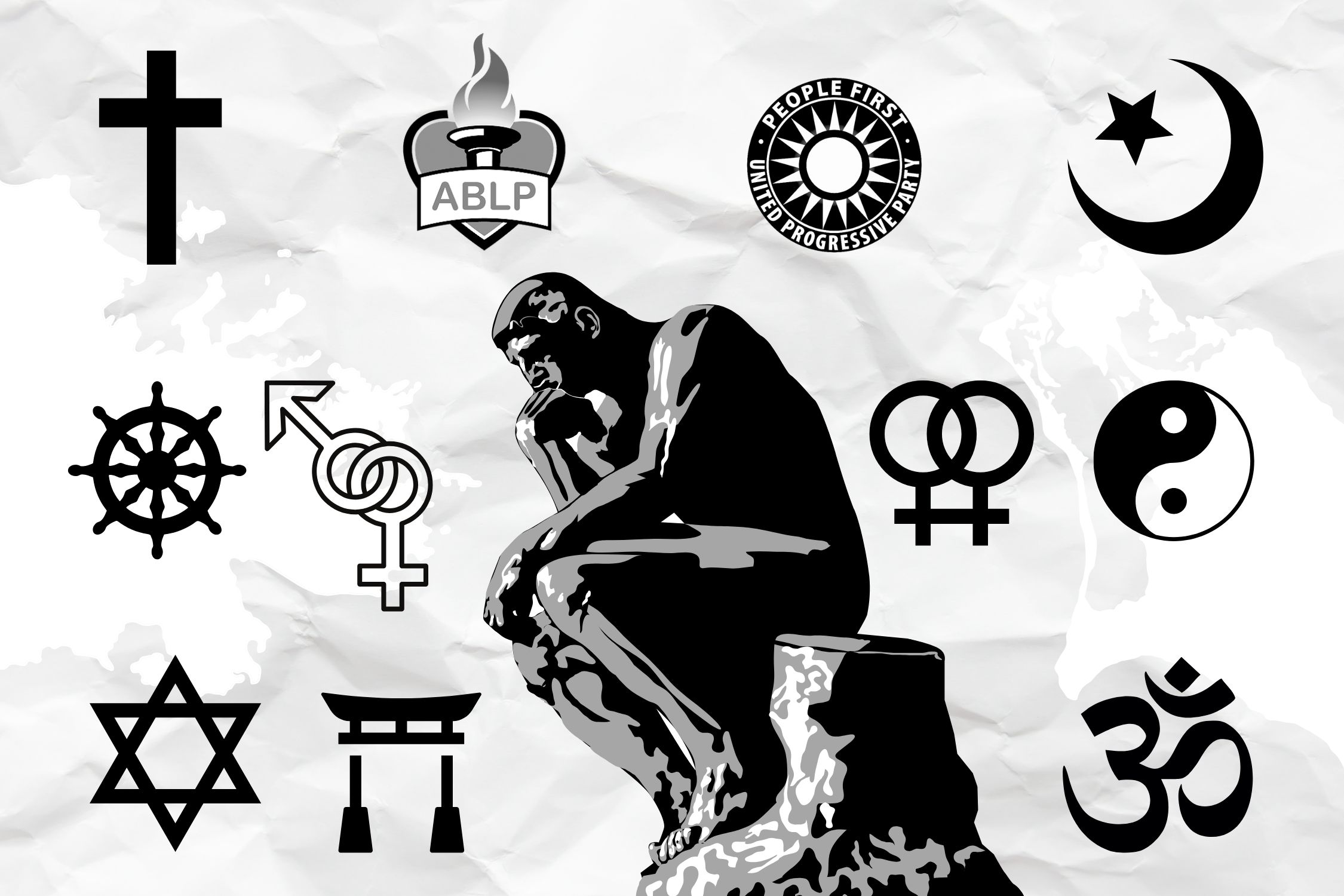
By Kieron Murdoch | Opinion Contributor
The International Day for Tolerance is observed each year on November 16th. It is a good opportunity to highlight the importance of us, as a society, being able and willing to collectively accept the diversity of thought, faith, race, language, interest, and lifestyle that is a natural consequence of our humanity, and to acknowledge the dangers of growing intolerant.
What we mean to discuss is the concept of tolerance. According to UNESCO’s 1995 Declaration of Principles on Tolerance, “Tolerance is respect, acceptance and appreciation of the rich diversity of our world’s cultures, our forms of expression and ways of being human.”
Tolerance is understanding and accepting that there will always be differences among us – racial and ethnic differences, differences of ideology and opinion, political differences, religious differences and differences in the way each person chooses to live and to pursue happiness. It is deciding to adopt an objective and permissive attitude toward them nonetheless.
The more homogeneous a society is or groups within a society are, the more likely that tolerance may be something hard to practise or to manifest into its ethos. People in homogenous societies especially, grow accustomed to what they know as the norm. Where that which is not the norm or the acceptable expectation is explicitly contrary to established expectations, doctrine, or values, conflict often occurs.
We here in our small space are largely homogenous in language, culture and religion, sometimes collectively, and sometimes in small groups. We should be wary therefore of allowing our own relative homogeneity to render us intolerant of that to which our traditions, values, or faith, has made us unaccustomed.
Provided that a person’s actions do not infringe upon our enjoyment of our own rights, freedoms and entitlement to safety and security, what right have we to coerce them to do otherwise? It is necessary to understand what we are and more importantly, what we are not entitled to. As individuals, we live in a society of laws which embody certain fundamental values, as represented in our Constitution.
Liberty is the state of being free within society from oppressive restrictions imposed by authority on one’s way of life, behaviour, or political views. We are each of us individually entitled to “life, liberty, security of the person, the enjoyment of property and the protection of the law”. We are none of us, nor any number of us collectively, entitled to restrict the liberty of others, nor withhold from others the protection of the law, nor to deprive any other of the security of their person.
Freedom of conscience is the right to think freely, hold beliefs, and express them without coercion, as long as it doesn’t harm others. We are each of us as individuals, entitled to “freedom of conscience, of expression (including freedom of the press) and of peaceful assembly and association”. We are not entitled to control how our neighbours think; what beliefs they hold; what they say, write, and create; under what banner they gather, or with whom they associate.
Each person is entitled to the “protection for his family life, his personal privacy, the privacy of his home”. No one is entitled to direct, control, regulate or restrict the family life, personal privacy and privacy of the home of anyone else. It is important that we each consider the freedoes under which we live – freedoms that grant us a level of dignity, security, and the ability to live and think as we see fit – and remember that we are obligated to observe the same in every individual case.
Each individual is entitled to be free on any law that would “make any provision that is discriminatory either of itself or in its effect”, discriminatory here meaning “different treatment to different persons attributable wholly or mainly to their respective descriptions by race, place of origin, political opinions or affiliations, colour, creed, or sex”. No one is entitled to enjoy such freedom, while desiring that others be subject to its absence.
The English philosopher, civil servant and politician, John Stuart Mill, opined in his 1859 book On Liberty that, “The only purpose for which power can be rightfully exercised over any member of a civilised community, against his will, is to prevent harm to others. His own good, either physical or moral, is not a sufficient warrant.” While we may at times be inclined to act against a person’s will to insecure their physical well being, we should be very wary of seeking the moral good of others by means other than persuasion.
Ultimately, we can say that tolerance is accepting that despite your certainty that everything would better if everyone thought like you, worshipped like you, lived like you, raised their children like you, voted like you, and hated and loved the same things as you, you cannot hope to erase them of their differences without causing conflict, misery, and strife for all.
Tolerance is perhaps realising that despite your absolute rejection of someone else’s beliefs, morals, politics, or way of life, it is in everyone’s interest that we learn to live with each other peacefully, as opposed to coming into ceaseless conflict as we try to “perfect” our society according to our own vastly different visions of what a perfect society ought to be.
Tolerance is understanding that coercion, repression, discrimination and tyranny, are generally the only ways of bringing everyone into absolute conformity with any one way of life, or with any one opinion, or with any one political view, and that such means are so abhorrent that it is better to live peaceably with those whom you may find utterly intolerable, rather than become a tyrant to them, or suffer their tyranny yourself.
Tolerance is appreciating that each individual is entitled to pursue happiness in their own way in what fleeting time they have on the earth, and that no one set of values, or faith, or one political ideology, or lifestyle, or mantra, creates happiness for every single human being. And often, the greatest unhappiness in human beings is created when that false assumption becomes doctrine.
What arrogance it must imply for you or I to conclude that; in the tens of thousands years of modern human existence; amidst the billions of people who have ever lived and the 31,000 and more languages that they have spoken; among the thousands of faiths that have ever existed, and 4,200 and more still practised today; despite the preponderance of philosophers who have disagreed on so much over so many centuries; and within the inconceivable totality of the human story, and of the splendour, famine, war, peace, love, hate, faith, doubt, ambition, strife, lust, envy, mercy and regret experienced by so many over so long; you or I, in this moment, at this time, in this small place, discovered the universal answer to human happiness.
Worse, what folly it would be to think that someone else discovered it for us.





Since when does UNESCO and these world groups, have a clue about tolerance? Now you want us to tolerate 65 genders as if there’s even more than the 2 God given genders, (male and female). Just pathetic.
Exactly. I don’t tolerate anything that is not in line with my Bible. There is only one God. The rest are false.